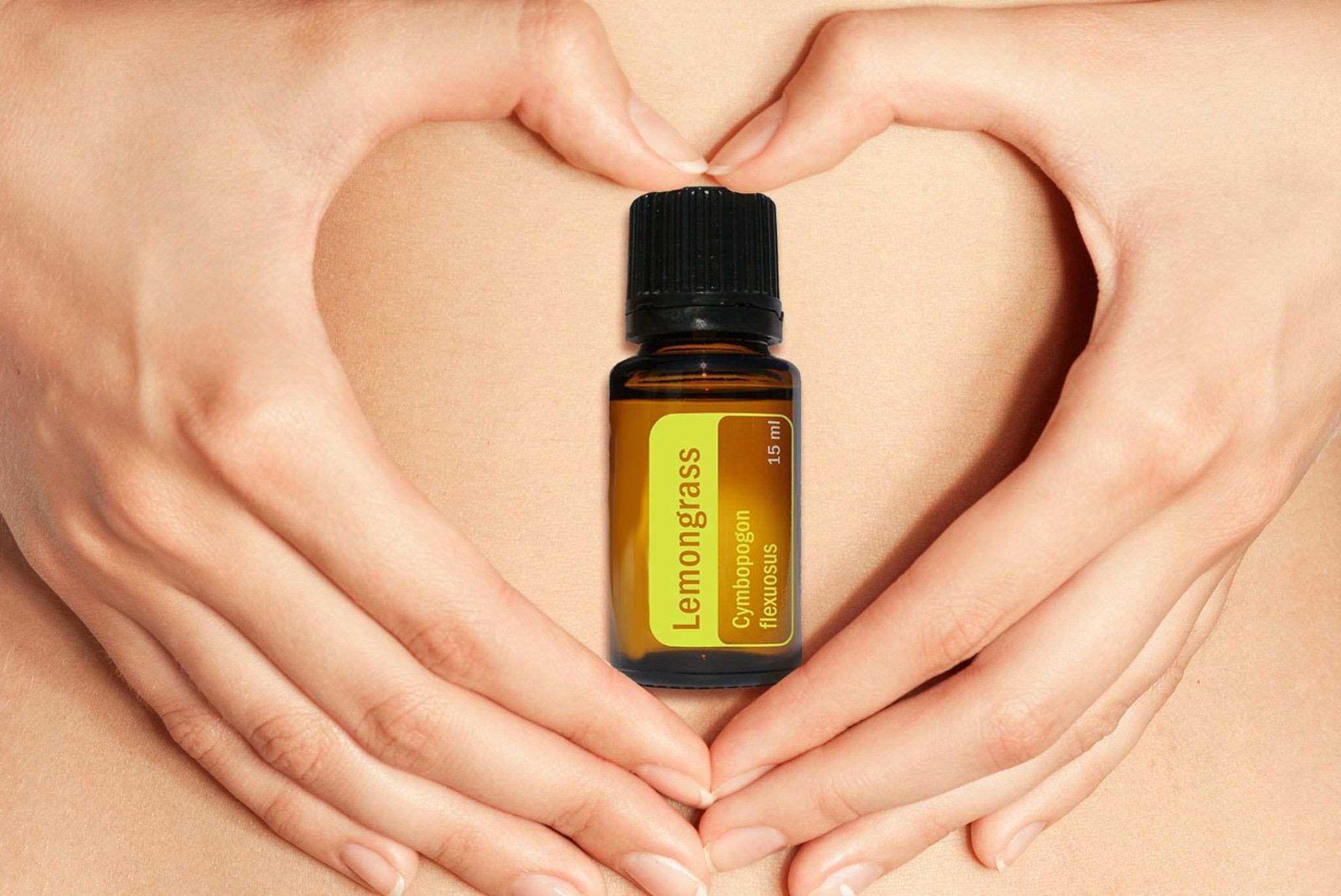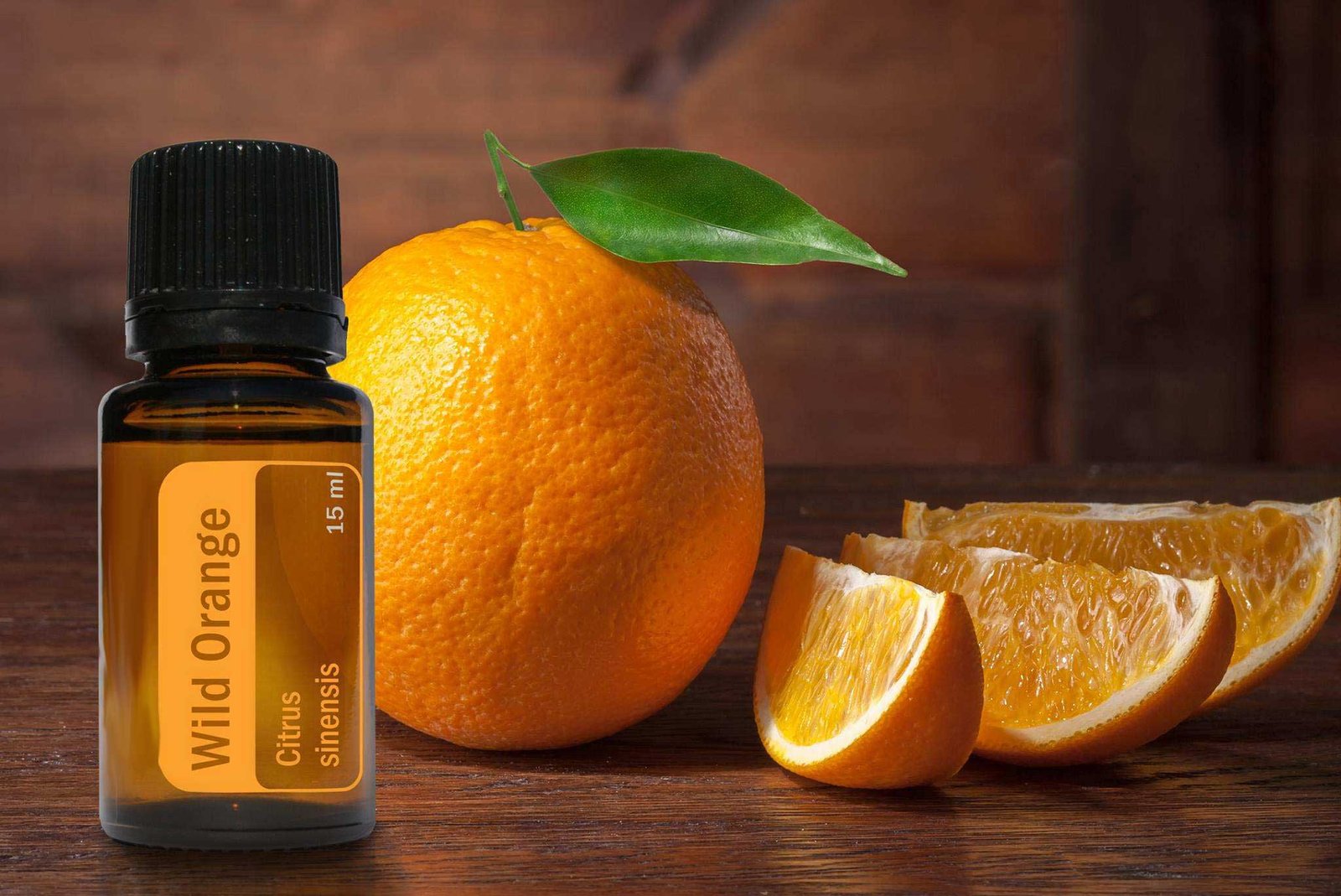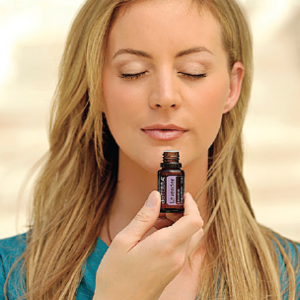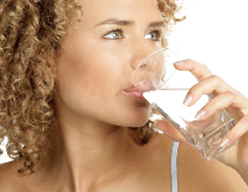Essential oils are natural aromatic compounds found in the seeds, bark, stems, roots, flowers, and other parts of plants. They can be both beautifully and powerfully fragrant. If you have ever enjoyed the gift of a rose, a walk by a field of lavender, or the smell of freshly cut mint, you have experienced the aromatic qualities of essential oils.
Essential oils can lift the mood, calm the senses, and elicit powerful emotional responses. Yet the use of essential oils goes well beyond their fragrant appeal. Nature knows what our bodies need, and has already provided those resources to us.
Essential oils have been used throughout history in many cultures for their health-promoting properties. Modern trends toward more holistic approaches to self care and growing scientific validation of alternative health practices are driving a rediscovery of the profound health benefits of essential oils. Many have powerful cleansing properties. Their unique chemical structure allows them to deliver targeted benefits through topical application. Certain oils may be used as dietary aids to promote vitality and well-being.
Extraction Methods
Essential oils are most often extracted via a low-heat steam distillation process in which steam is circulated under pressure through plant material, liberating the essential oils into the steam. As the steam mixture cools, the water and oils are separated and the oil is collected in its pure form. To ensure the highest quality oil extract of correct chemical composition, temperature and pressure must be monitored very closely. Too little heat and pressure will not release the valuable oil, too much can fracture an extract’s delicate chemical composition and alter its potency.
Equally important to the carefully controlled extraction process, the meticulous selection of correct plant species and plant parts harvested at the perfect moment when their essential oil compounds are most concentrated, is also required for a quality therapeutic-grade essential oil extract. This complex process is as much an art form as it is a science and requires experienced growers and distillers working together to ensure a superior product.
BENEFITS OF USING ESSENTIAL OILS
- Managing stress
- Support healthy sleep patterns
- Balance hormones
- Reduce toxic load
- Boost immunity
- Help in managing our emotions

Natural
Certified Pure Tested Grade Essential Oils

Safe
Safe Benefits Without
Side Effects

Effective
Addresses body’s needs
and root causes

Healthy
Enhances physical and
emotional health
HOW TO USE ESSENTIAL OILS

AROMATIC
Breathe in or use diffuser to:
Open airways
Boost mood
Freshen the air

TOPICAL
Apply to bottoms of feet
or affected areas to target
specific needs and give
direct relief

INTERNAL
Drop in water, under
tongue, or into a veggie
capsule to support throat,
digestive and overall health
essental oils and personal care
Essential Oils for Personal Hygiene
Among their many uses, essential oils have vast applications for personal care, including beautifying the skin and hair, cleansing the mouth, gums, and teeth, and other uses for general hygiene. Because each essential oil has a unique chemical profile that provides different benefits, it is easy to use oils for a wide variety of tasks that relate to personal hygiene. Since ancient times, essential oils have been used to promote healthy skin, a clean mouth, strong fingernails and toenails, shiny hair, and more. Not only do natural cleansing, soothing, and purifying properties make essential oils an ideal choice for personal care, but the user can simultaneously enjoy the lovely, inviting smells of essential oils during use.
Essential Oils and Skin Care
Skin care is one of the most important areas of good hygiene, and the natural, powerful properties of essential oils are useful for promoting clean, smooth, and healthy-looking skin. There are many characteristics of essential oils that make them useful for skin, including cleansing properties, soothing properties, and nurturing properties. Having clean skin is one of the most important elements of proper skin care. Some essential oils hold significant cleansing and purifying properties, which can be very useful for promoting clean skin and a clear complexion.
Essential Oils and Hair Care
The same cleansing, nourishing, and beautifying properties that make essential oils useful for skin care, also make them useful for hair care. Whether you want to cleanse the hair and scalp, or promote soft, shiny strands, using essential oils during your daily haircare routine will provide a number of benefits that can help improve the overall look and feel of your hair.
Essential Oils and Oral Care
Another major part of good hygiene is maintaining healthy teeth and gums. Due to their cleansing and soothing properties, it should come as no surprise that essential oils are commonly used in oral hygiene products like toothpaste, mouthwash, and more. If you are looking for a simple, natural way to keep your mouth clean and healthy, essential oils have plenty of benefits when it comes to oral hygiene.




